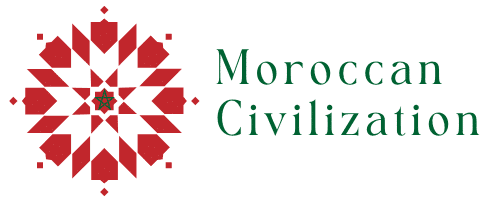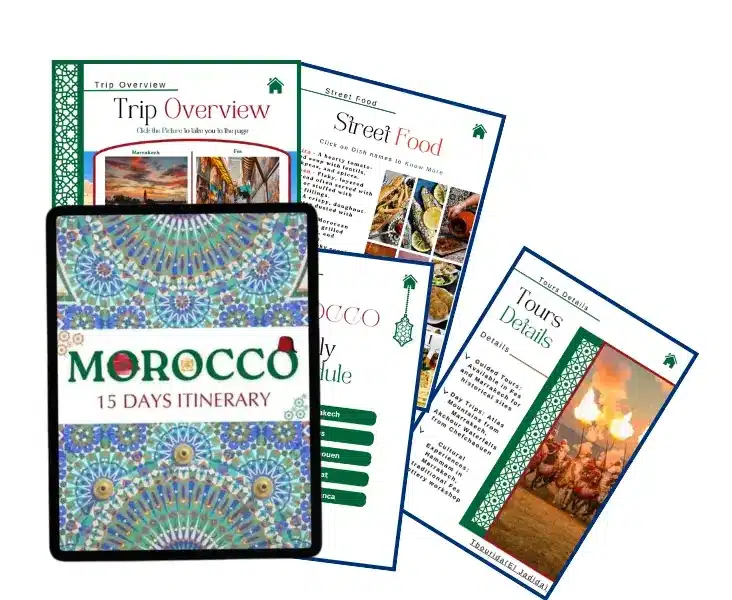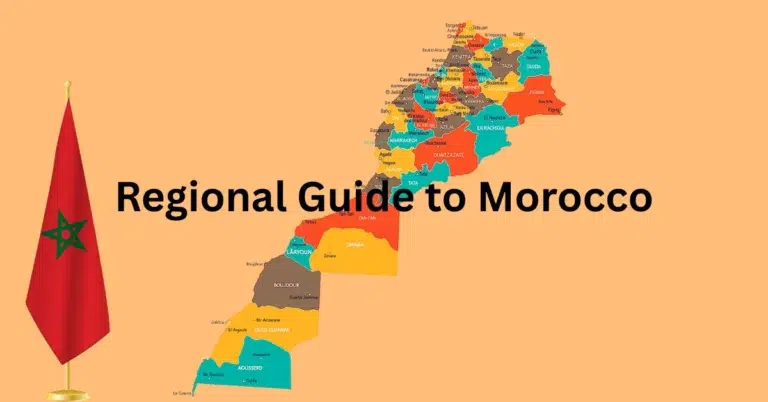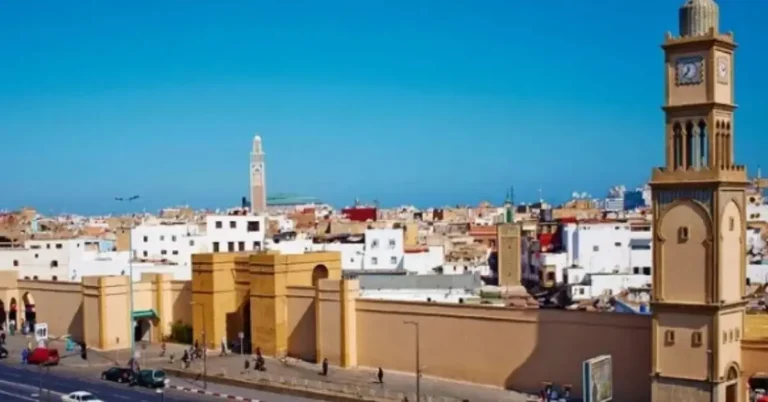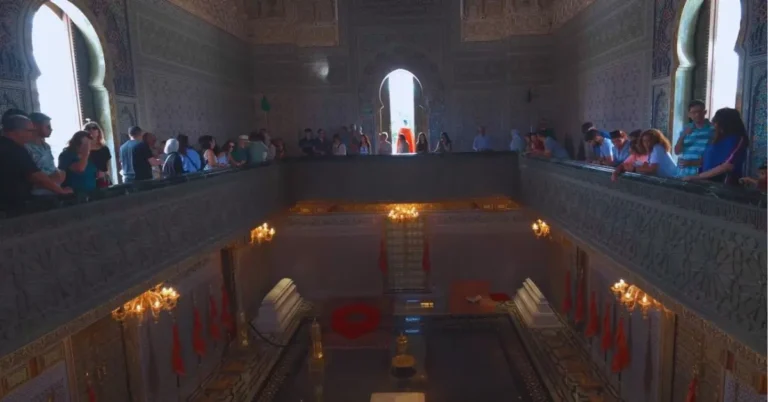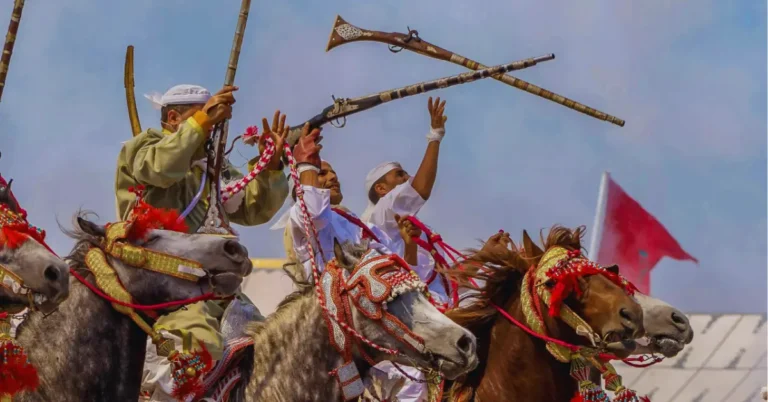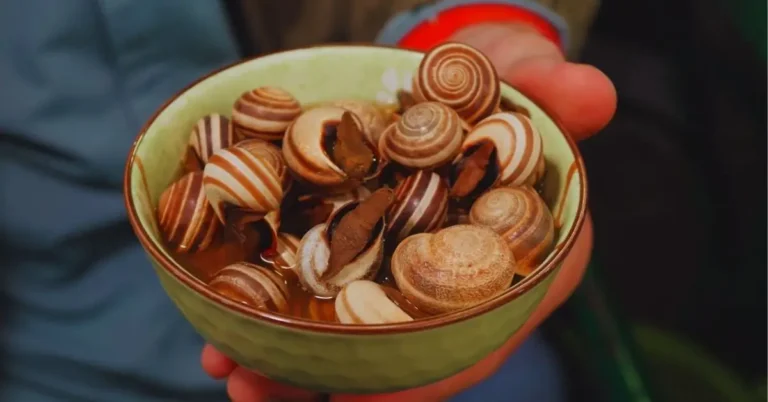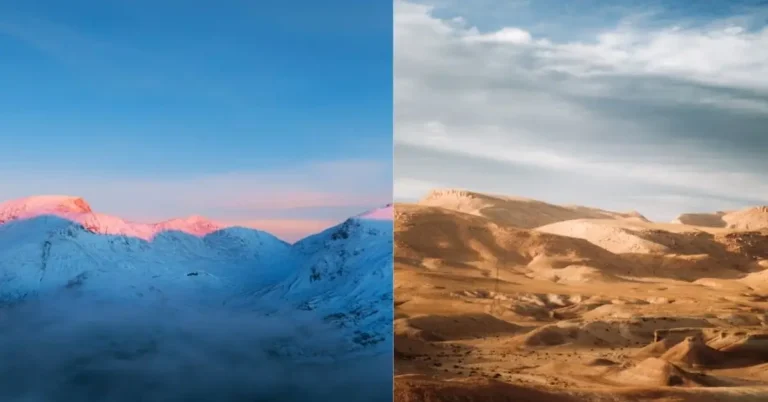Travel Moroco
Travel Morocco where every corner tells a story that moves you. From tearful goodbyes with Berber families to life-changing desert sunrises – where strangers become lifelong friends.
Travel Planning Essentials
Morocco City Guide
Moroccan Food
Adventure & Outdoor Activities
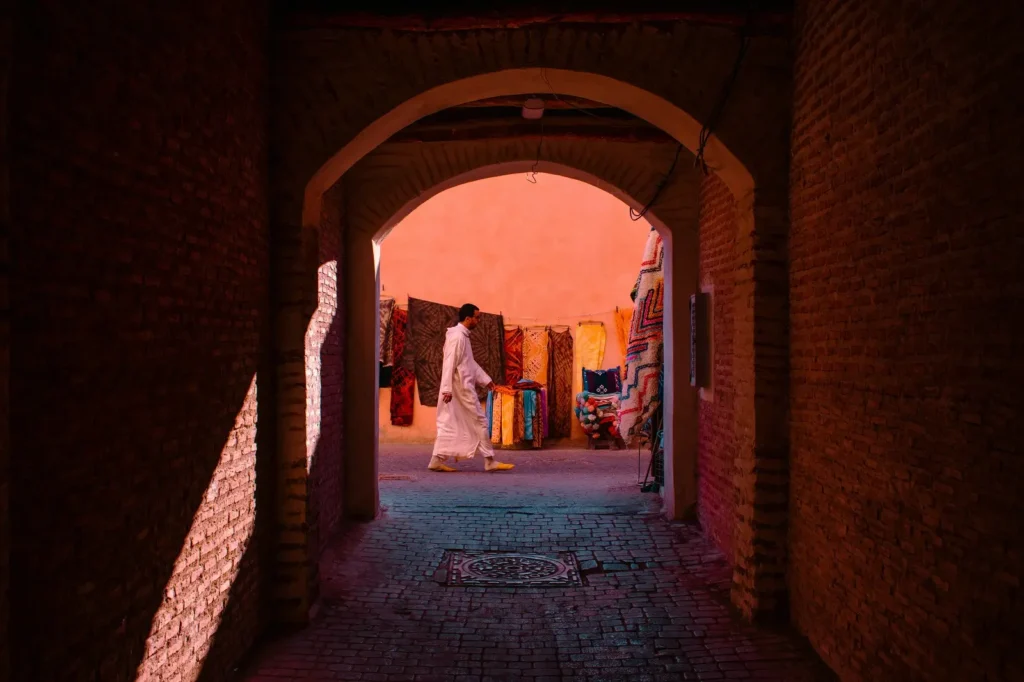
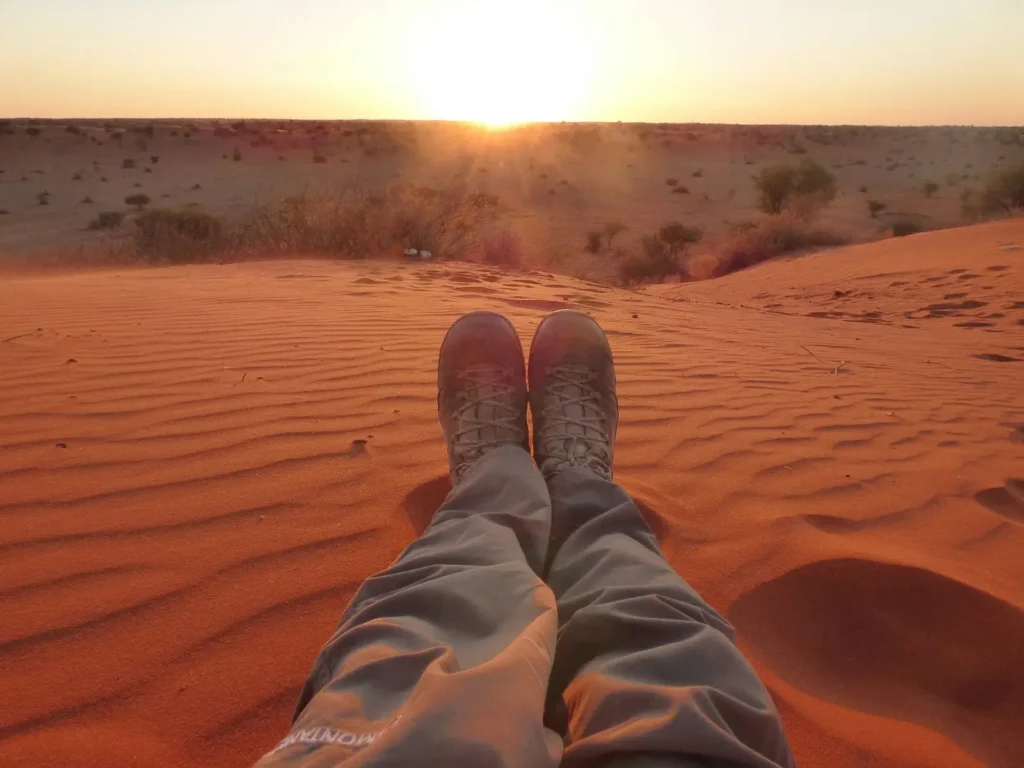
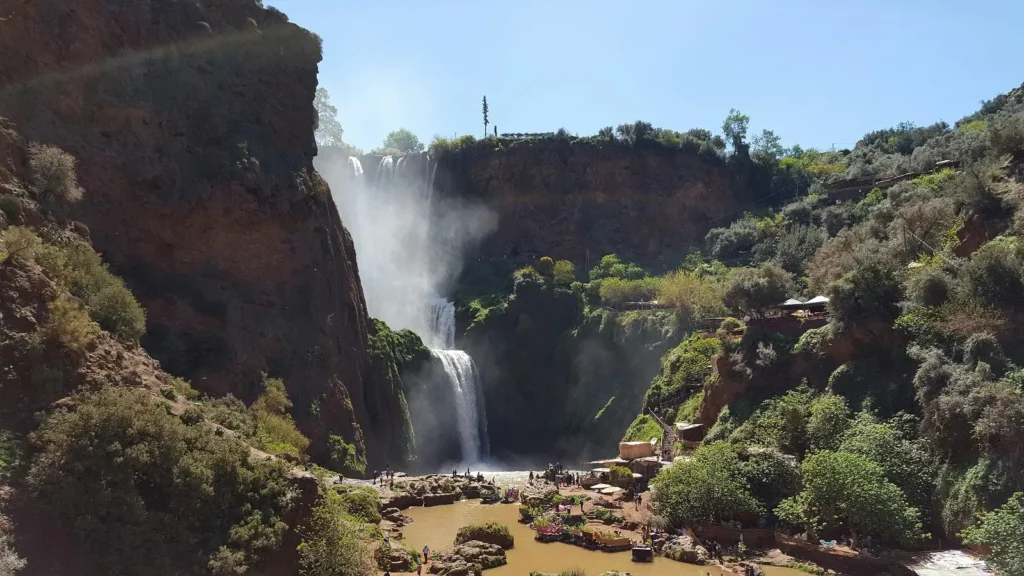
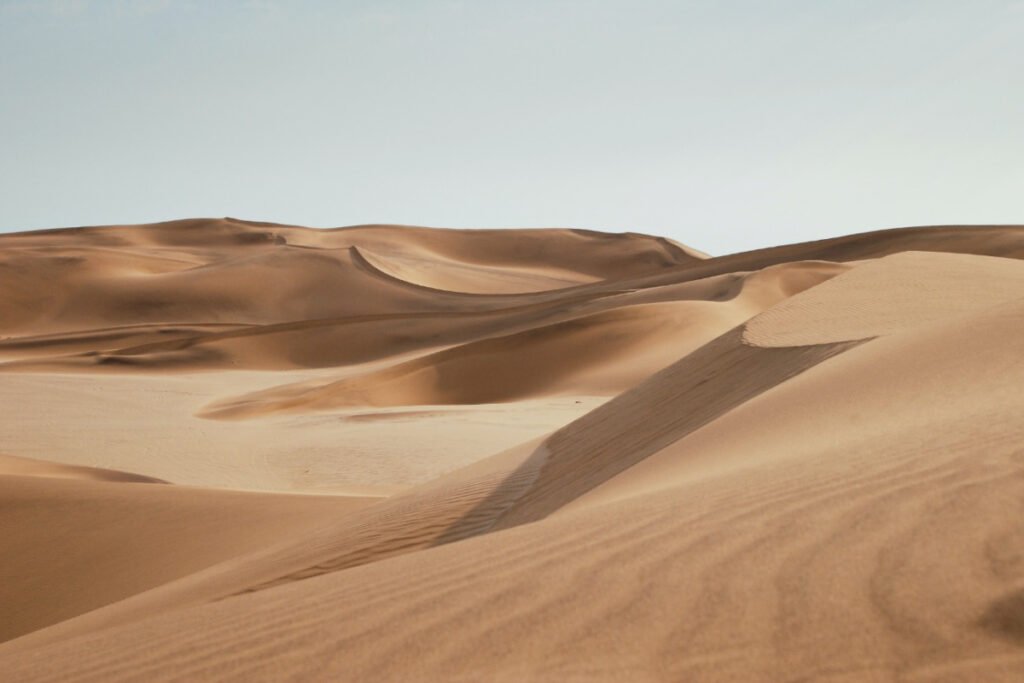
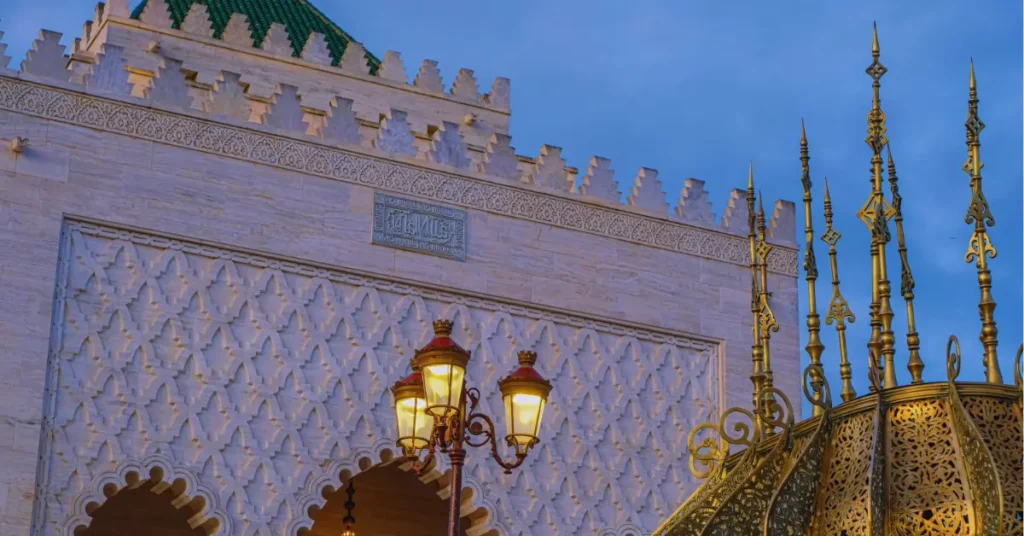
Weather in Morocco
Morocco has a dry climate with mild winters and hot summers. Spring (March-May) offers blooming landscapes, while autumn (September-November) provides ideal weather for travel and exploration.
Best
Good
Mixed
Poor
18°C
Jan
20°C
Feb
22°C
Mar
27°C
Apr
30°C
May
34°C
Jun
34°C
Jul
34°C
Aug
30°C
Sep
26°C
Oct
21°C
Nov
18°C
Dec
